8 ways the world has changed now that Queen Elizabeth II is dead
Talia Lakritz

- Queen Elizabeth died at the age of 96, bringing her 70-year reign to an end.
- In a world without the Queen, the British national anthem lyrics have changed.
England now has a king instead of a queen.
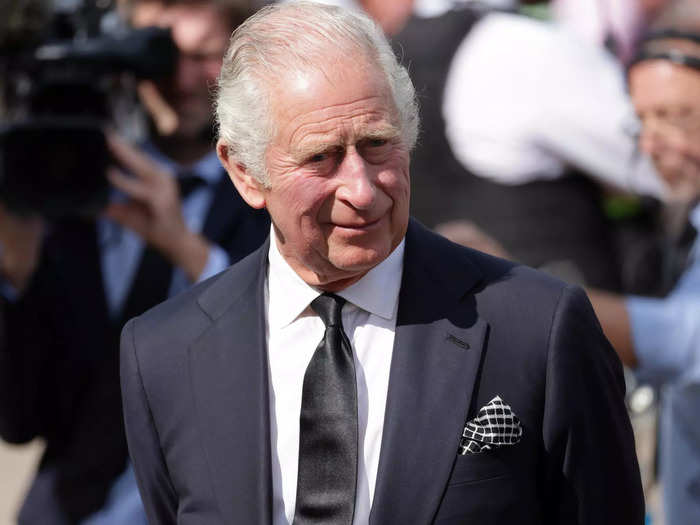
Queen Elizabeth reigned for 70 years before her death at 96.
As soon as the Queen died, her oldest son Charles became King Charles III, the king of England, Insider's Maria Noyen reported. The shift removed him from being first in the line of succession, a place he has held since he was 3 years old.
With Queen Elizabeth's death, the royal line of succession has changed.
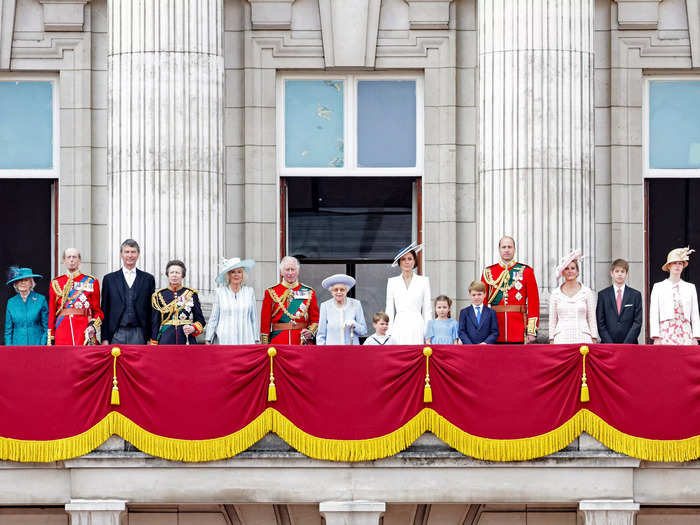
The Queen's death marks one of the most significant shifts in the line of succession since 1952, when she became Queen following the death of her father, King George VI, Insider's Maria Noyen reported.
With King Charles' ascension to the throne, Prince William is now first in line. Prince George, the firstborn son of William and Kate Middleton, is now second in line, followed by his younger siblings Princess Charlotte and Prince Louis. Prince Harry is fifth in line.
The lyrics to the British national anthem have changed from "God Save the Queen" to "God Save the King."
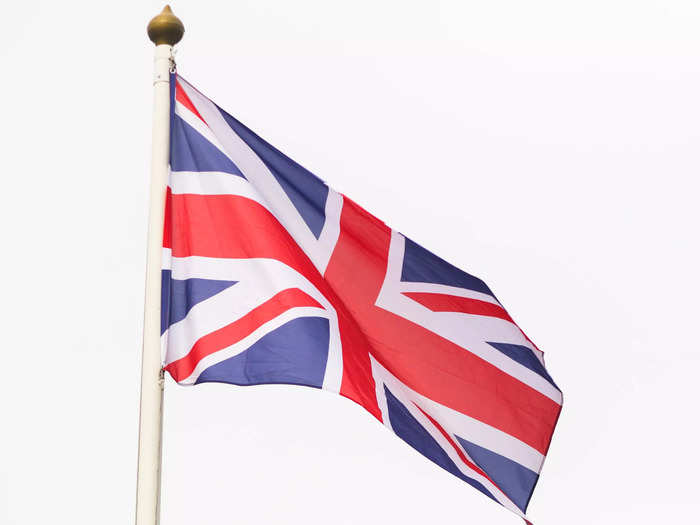
"God Save the King" is actually the anthem's original title; it was written in 1745 and became known as the UK's national anthem at the beginning of the 19th Century, according to the official Royal Family website.
All of the lyrics will remain the same, other than "queen" being replaced with "king" and "she" and "her" being replaced with "he" and "him," Insider's Kelly McLaughlin reported.
At citizenship ceremonies in Commonwealth realms such as Canada, new citizens will swear allegiance to the king.
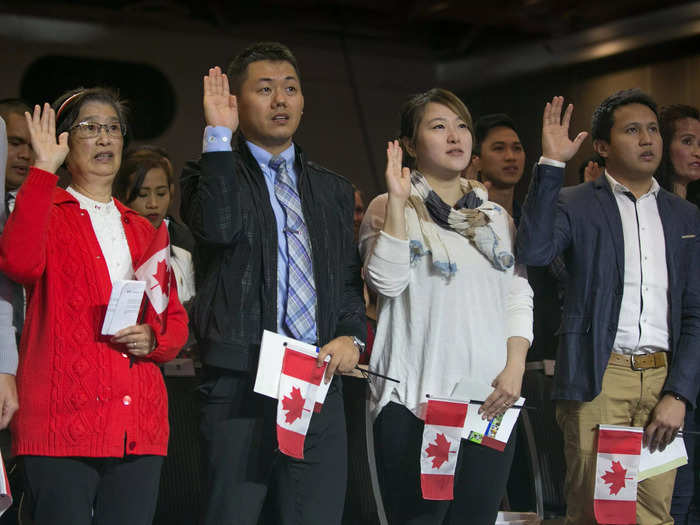
Shortly after the Queen's death was announced, a Canadian citizenship ceremony was delayed as officials figured out whom to swear allegiance to, according to journalist Roberto Rocha who attended.
When the participants took the citizenship oath, Rocha said they swore allegiance to "Sa majesté le roi Charles III, roi du Canada" — His Majesty King Charles III, King of Canada.
The language used for British passports, as well as other Commonwealth countries, will change.
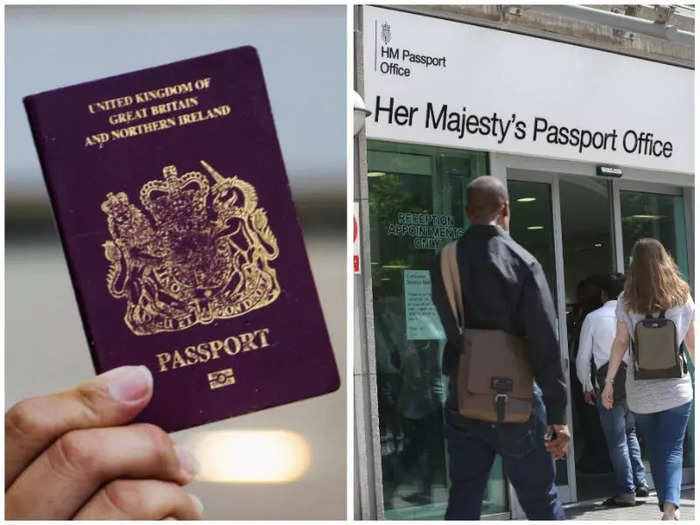
In England, "Her Majesty's Passport Offices" will become "His Majesty's Passport Offices."
The language in British passports themselves will also be altered, Euronews reports. During Queen Elizabeth's reign, British passports read: "Her Britannic Majesty's Secretary of State requests and requires in the name of Her Majesty all those whom it may concern allow the bearer to pass freely without let or hindrance and to afford the bearer such assistance and protection as may be necessary." Mentions of "Her Majesty" will change to "His Majesty" for those who renew their passports.
Passports in the Commonwealth countries such as New Zealand, Canada, and Australia, which also mention the British monarch, will change, as well.
Queen Elizabeth's face will no longer appear on British bank notes and currencies in other Commonwealth countries.
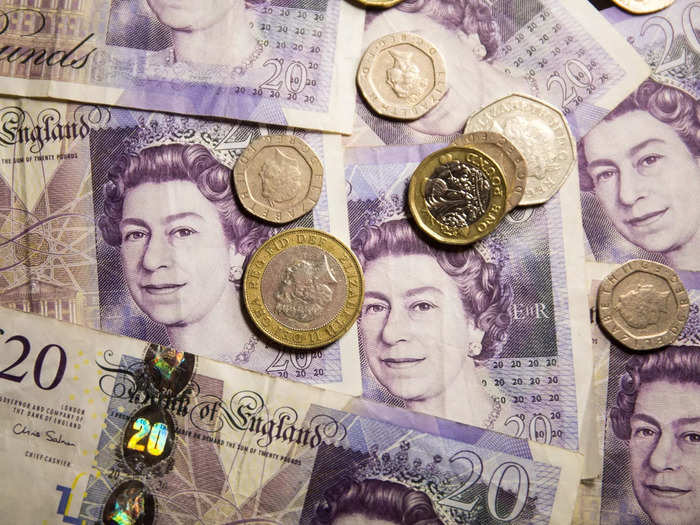
Queen Elizabeth's portrait has appeared on British money since 1960. That will change now that King Charles is the reigning monarch, Insider's Mikhaila Friel and Maria Noyen reported.
A Bank of England spokesperson told Insider that all banknotes featuring the Queen's portrait remain legal tender, and further details would be shared once the period of mourning is over.
Queen Elizabeth's face also appears on currencies in at least 33 different countries, and each will have their own process for determining a new image.
World leaders will now work with King Charles instead of Queen Elizabeth.
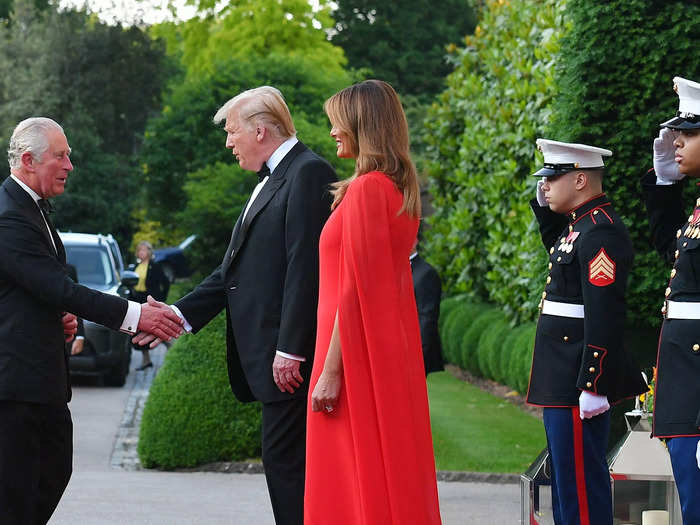
Queen Elizabeth built relationships with 16 British prime ministers and 14 US presidents over her 70-year reign. Now, King Charles will be the one to engage with world leaders during state visits and diplomatic gatherings.
Some countries may choose to remove the British monarch as their head of state.
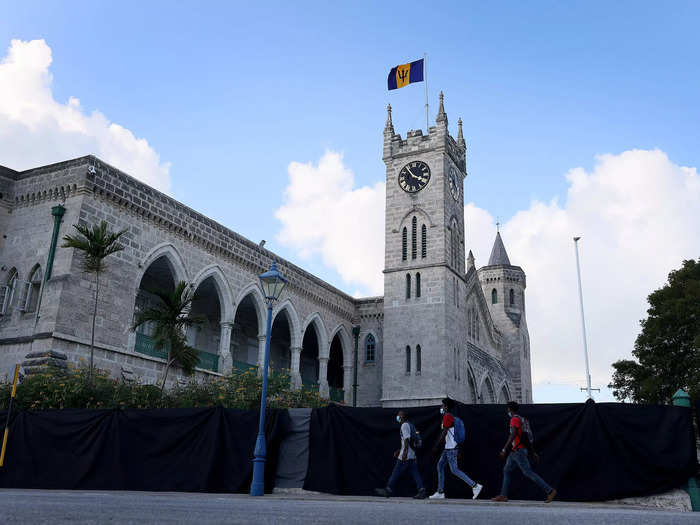
King Charles is now the monarch and head of state of the UK and 14 other countries known as Commonwealth realms. Formerly the British Empire, the Commonwealth was formed through British forces invading and conquering regions across the world, Insider's John Haltiwanger reported.
In November 2021, Barbados became the first country since 1992 to remove the British monarch as its head of state. It's possible that the number of Commonwealth realms could continue to shrink during King Charles' reign, since some may have been waiting out of respect for the Queen.
At least six Caribbean countries — including Jamaica, Belize, and Grenada — have signaled they intend to remove the British monarch as their sovereign.
Popular Right Now
Popular Keywords
Advertisement